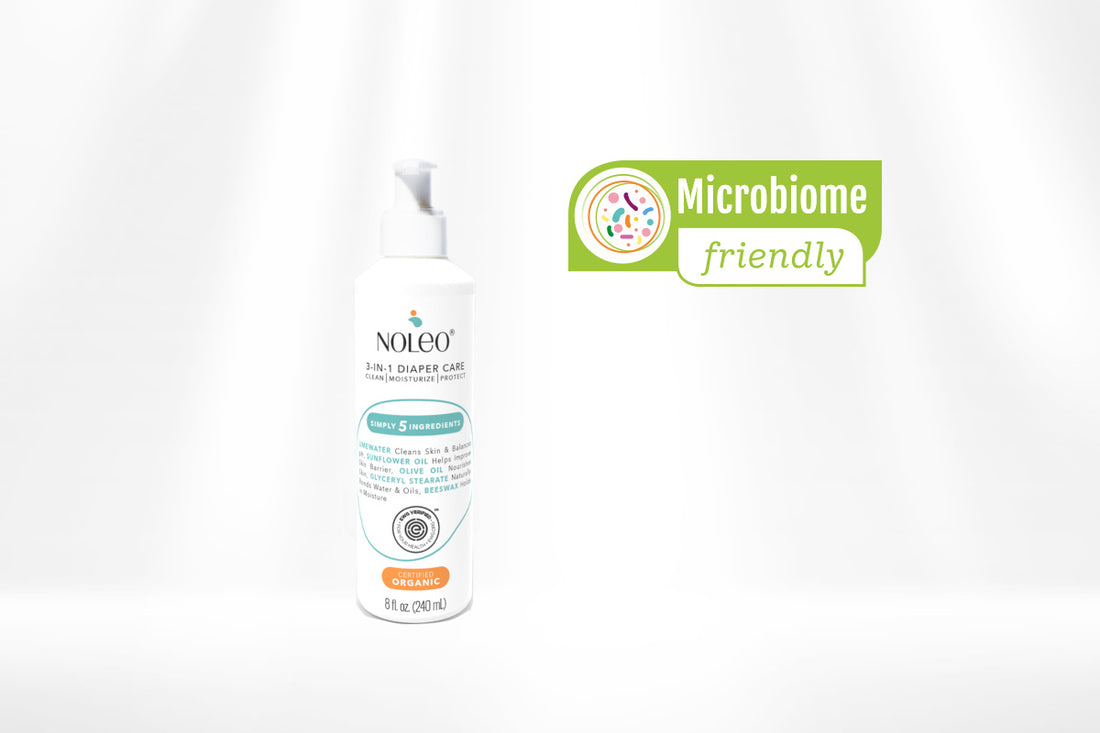
Why Microbiome is crucial in the overall health and development of infants.
Share
The human microbiome is a complex ecosystem of bacteria, viruses, and fungi that live on and inside our bodies. In the past few decades, researchers have begun to understand the important role the microbiome plays in our overall health and well-being. This is particularly true for infants, who are just starting to develop their own unique microbiomes.
During pregnancy, the baby is primarily exposed to bacteria from the mother's vaginal microbiome. This initial exposure sets the stage for the baby's future microbiome development. After birth, the baby is exposed to a range of bacteria from the mother's skin, breast milk, and environment, which helps to further shape the baby's microbiome.
The development of a healthy microbiome in infants is crucial for several reasons. First, the microbiome plays a role in the proper development of the immune system. A healthy microbiome can help to prevent allergies and infections, while an imbalanced microbiome may increase the risk of certain autoimmune disorders.
Additionally, the microbiome has been linked to a baby's overall health and growth. Studies have shown that infants with a diverse and balanced microbiome tend to have better weight gain and overall health than those with an imbalanced microbiome.
One way to support the development of a healthy infant microbiome is through breastfeeding. Breast milk contains beneficial bacteria that can help to colonize the baby's microbiome and provide important nutrients for growth and development. In addition, skin-to-skin contact between the mother and baby can also help to transfer beneficial bacteria.
It's important to note that the infant microbiome is not static and can be influenced by a range of factors, including diet, environment, and the use of antibiotics. A varied and balanced diet, with an emphasis on fruits, vegetables, and whole grains, can help to support the growth of beneficial bacteria in the microbiome. Avoiding the overuse of antibiotics and minimizing exposure to harmful chemicals and pollutants can also support the development of a healthy microbiome.
In conclusion, the infant microbiome plays a crucial role in the overall health and development of infants. Supporting the growth of a diverse and balanced microbiome through breastfeeding, skin-to-skin contact, and a healthy diet can have long-term benefits for the baby's health and well-being.
